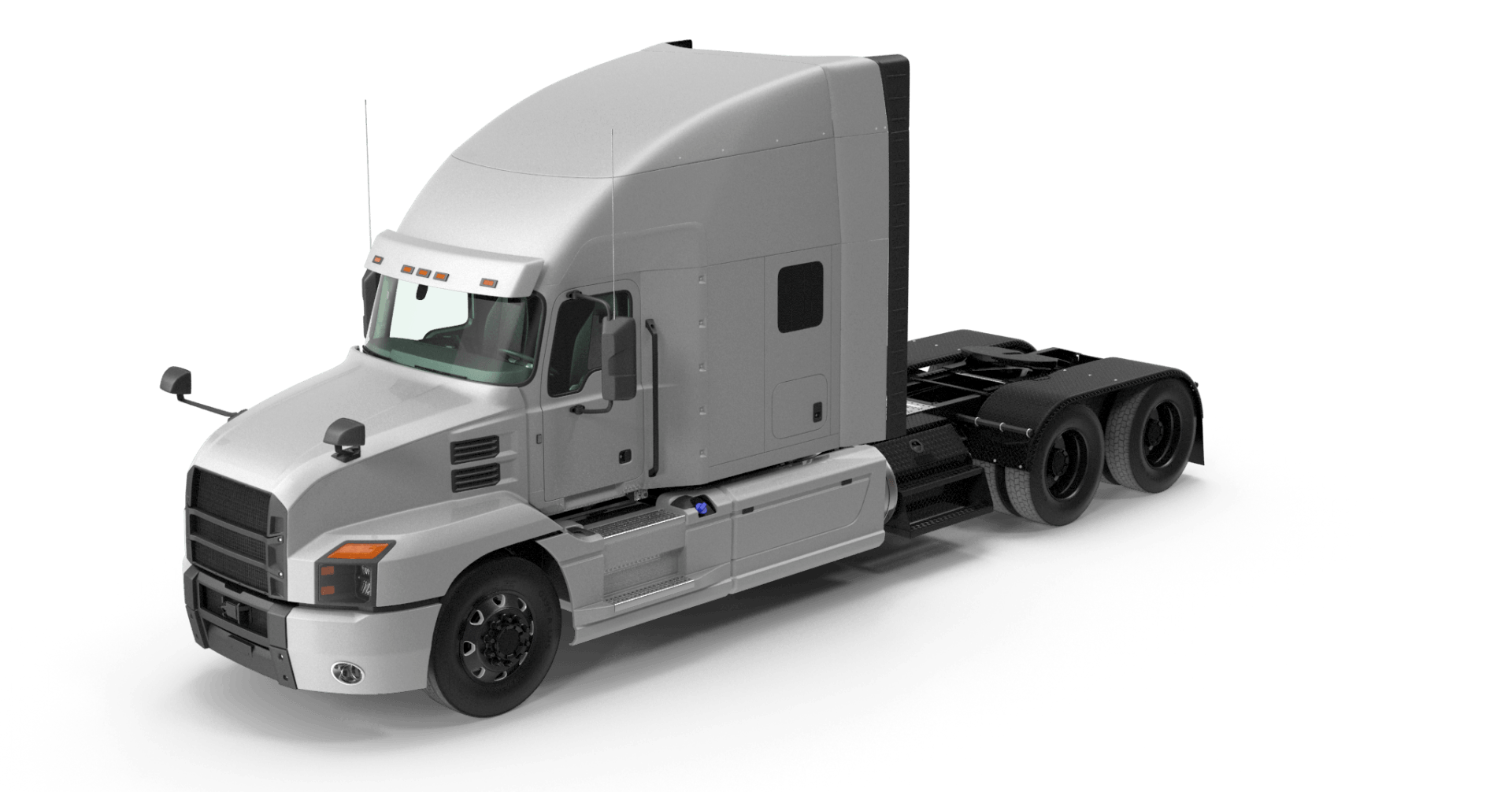404
Tego Insure was purchased by Strong Insurance! Click below to enter the new trucking portal!
404
Tego Insure was purchased by Strong Insurance! Click below to enter the new trucking portal!
QUESTION: As an owner operator, do I need insurance to drive a leased big rig? Also, what type?
QUICK ANSWER: Yes, by law, you are required to carry commercial auto liability insurance. The FMCSA requires motor carriers to provide liability insurance to their leased owner operators.
Table Of Contents
Introduction, Learning About Insurance ↴
By Law, What Insurance Is Required? ↴
Tips On Finding The Best Rates & Coverage ↴
The Story About John, Leased Big Rig OO ↴
Reviewing Your Motor Carrier Agreement ↴
Wrapping Up: Keypoints & Takeaways ↴
Learning The Basics Of Leasing Your Truck To A Motor Carrier
In this post, we'll look at the many scenarios you may find yourself in throughout the course of being leased onto a motor carrier and obtaining insurance.
Leased truck drivers are concerned about what insurance the motor carrier offers, what kind of insurance you'll need to get yourself, and other questions that haven't been addressed.
During this article we will discuss in detail the situations leased big rig owner operators face when obtaining insurance.
If the motor carrier offers full coverage insurance, then it's possible that no additional insurance will be required for you to operate safely. But if they only offer liability insurance... Commonly referred to as:
- Primary Liability
- Commercial Auto Liability
- Trucking Liability
Chances are there are some steps you need to take to protect yourself further!
It's important to understand and consider the following issues that arise and could cost your business money if an accident occurs.
- Insurance for the Truck
- Insurance for the Driver
- Insurance for the Cargo
What Insurance Is Required by Law?
If you’ve leased a big rig truck and are driving under a motor carrier, insurance is required by law.

You should also know that insurance provides the following benefits:
- it financially protects the drivers involved from accidents
- it can cover damages to other vehicles and property in an accident
The type of insurance required may vary by state, vendor, shipper, and level of risk you plan on taking on.
The FMCSA is the Federal Motor Carrier Safety Administration which is a U.S government subset of the Department of Transportation that overlooks the trucking industry ensuring safety in motor carrier operations.
According to FMCSA, they require motor carriers to obtain a minimum commercial auto liability and insurance limit of $750,000, although most shippers and carriers require a minimum of $1,000,0000.
Liability coverage will cover bodily injury and property damage in the event of an accident.
A motor carrier may only provide you coverage for primary liability (aka commercial auto/trucking liability) and request that you obtain additional coverage such as:
- Bobtail liability: Protection when driving without a trailer attached.
- Non-Trucking Liability: Using the vehicle for personal use.
- Physical Damage: Protection in the event of a collision, fire, theft or vandalism. Provides repair cost for the vehicle.
- Reefer Breakdown: If your reefer trailer breaks down, this will cover the loss.
- Occupational Accident: Receive benefits if you are injured while on the job or as a leased owner operator.
This varies by the motor carrier, but it is a good rule of thumb to expect to pay for at least bobtail or non-trucking liability as additional coverages to liability insurance.
Speak with a licensed trucking insurance agent about your specific situation to get an exact roadmap and plan that will protect you.
Tips On Finding The Best Insurance Rates & Coverage
Commercial Truck insurance is one of the most important things to consider when leasing a big rig. It’s not enough to just get insurance for your truck, there are many other factors to take into consideration like how long you plan on driving the truck, what you plan on hauling and the type of lease agreement you have with the motor carrier.
Additionally, it's important to know what type of coverage you will need to operate and the additional protection you can put into place to prevent costly accidents.
At the bare minimum, it is required when driving on the road that you are insured for commercial auto liability.
To understand the cost of insurance, it's important to understand the many different variables insurance carriers take into account when it comes to pricing your risk.
John, A Leased Big Rig Owner-Operator Story
John is leased onto a motor carrier and hauling goods for retail stores. It's his full-time job and he just leased onto a company.

On a daily basis, his job is to pick up a load and drop it off.
When not dispatched, he occasionally drives the truck for personal use. When this is the case, no trailer is attached.
John's insurance requirements would include protection for driving personally and when dispatched. It would be required that he carries a minimum of $750,000 ($1,000,000 is the min. for most carriers) liability limit. Commercial Auto Liability coverage is paid for by the motor carrier and should be included in the lease agreement.
John reviews his lease agreement to ensure that his motor carrier is following FMCSA guidelines.
Additionally, since John drives his truck when he isn't dispatched, this means he's driving on personal time. He might be required by the motor carrier to get covered with bobtail insurance.
Since John is on the road for hours at a time every day without being dispatched, his insurance agent recommends he purchase bobtail coverage so that he is insured during his time off the clock.
It would also be advised that he looks into cargo insurance. Most of the time, the motor carrier cover this, but it is not required by the FMCSA, so they are not obligated to.
John has questions about whether or not cargo insurance is included in the lease agreement, so he reviews his agreement to check. He finds that the motor carrier does provide cargo insurance.
In conclusion, John is responsible for obtaining bobtail coverage and looking into other coverages he made needed to financially protect himself.
What's On A Motor Carrier Lease Agreement?
If you are leasing a big rig, all the insurance you need might not be in your lease agreement.
As mentioned earlier, the FMCSA is the government subset that makes all the rules and regulations for motor carriers.
They create strict guidelines and rules which motor carrier companies have to follow in order to operate legally.
FMCSA provides a long... and I mean a long list of terms that must be included in the written lease agreement including (but not limited to) responsibility of equipment, responsibility for the operation, duration of the lease, insurance requirements, possession, and control of equipment, and more.
The FMCSA harps and mentions how the motor carriers will pay for the liability insurance, but what about the cargo, or if you get injured on the job?
They don't say anything about that, but it should be mentioned in the owner-operator lease.
Since we don't directly interact and create owner-operator leases, we will defer to the experts on learning more about reading and understanding your lease agreement. To learn more, visit the TruckStop top article on everything owner operator lease agreement or consult with a lawyer.
Wrapping Up: Insurance On A Leased Big Rig Truck
Leasing a truck is an excellent method to save money while still receiving the vehicle your company demands without having to buy it outright. However, insurance may be difficult to understand, especially for those who lease big rig commercial vehicles.
Motor carriers offer different types of insurance plans for their leased big rig truck drivers; so first, go through the terms and conditions of your contract from start to finish as well as ask any questions you may have.
Liability insurance, including medical payments and property damage, are required by law for the operation of a big rig commercial truck. This type of insurance is paid by the motor carrier and enforced by the FMCSA.
However, depending on your needs, you may want to consider getting additional insurance that covers damages to the vehicle when driving for personal use or another situation.
Preparing now and obtaining the right coverage will help avoid any surprises down the road.
The biggest tip of all is to consult with an insurance agent about what type of insurance is best for you – after all, they’re the experts!
To ensure the highest degree of accuracy, all posts go through a strict editorial process and are reviewed by a licensed insurance agent.
